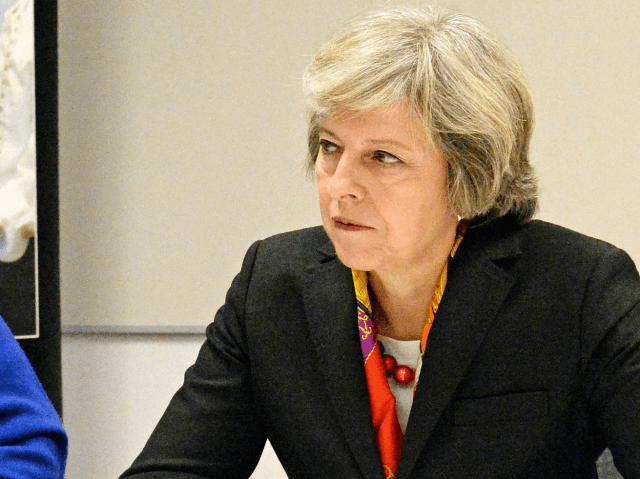TEL AVIV – In a dramatic development following the Paris peace summit on Sunday, the United Kingdom refused to sign a joint declaration calling for a two-state solution, saying the document may “harden” the Palestinian stance on negotiations.
The UK was notably absent from the conference, which convened representatives and foreign ministers from around 70 nations, including Secretary of State John Kerry; it sent only a junior delegation to act solely in an “observer status.” According to the Guardian, this was a deliberate decision in order to “stay close to Donald Trump’s administration.”
The confab did not include representatives from either the Palestinian or Israeli leaderships, prompting a British Foreign Office spokesman to say London had “particular reservations” about its outcome. He further added that London was opposed to the conference taking place against Israel’s expressed wishes and “just days before the transition to a new American president when the U.S. will be the ultimate guarantor of any agreement.”
“There are risks therefore that this conference hardens positions at a time when we need to be encouraging the conditions for peace,” he added, noting that the UK did not sign the conference’s final declaration issued Sunday evening.
“We will continue to support efforts to improve conditions on the ground to enable negotiations to resume and look forward to working with the parties, the new U.S. Administration and other countries represented in this conference to make progress in 2017 and beyond,” the spokesperson said.
Earlier on Sunday, Prime Minister Benjamin Netanyahu slammed the conference as “pointless” and the “final palpitations” of yesterday’s world.
“It also distances peace as it hardens Palestinians conditions and keeps them away from direct negotiations without preconditions. I have to say that this conference is among the last remnants of the world of yore. Tomorrow will look different, and tomorrow is very close,” he added.
Trump had reportedly expressed his opposition to the conference and out of deference to him, the UK did not dispatch any senior diplomats to attend it.
The confab followed an anti-settlement resolution that was passed by the UN Security Council last month after the U.S. failed to exercise its veto. UK Foreign Secretary Boris Johnson conceded Britain’s role in the final draft of the resolution, which called settlements a “flagrant violation of international law.”
However, Kerry’s harsh speech lambasting Israeli settlements in the days after the vote drew condemnation from London for its one-sided attack on Israel.
Shortly before the vote, British Prime Minister Theresa May praised Israel as “a remarkable country,” “a beacon of tolerance” and an “example to the rest of the world for overcoming adversity.”

COMMENTS
Please let us know if you're having issues with commenting.